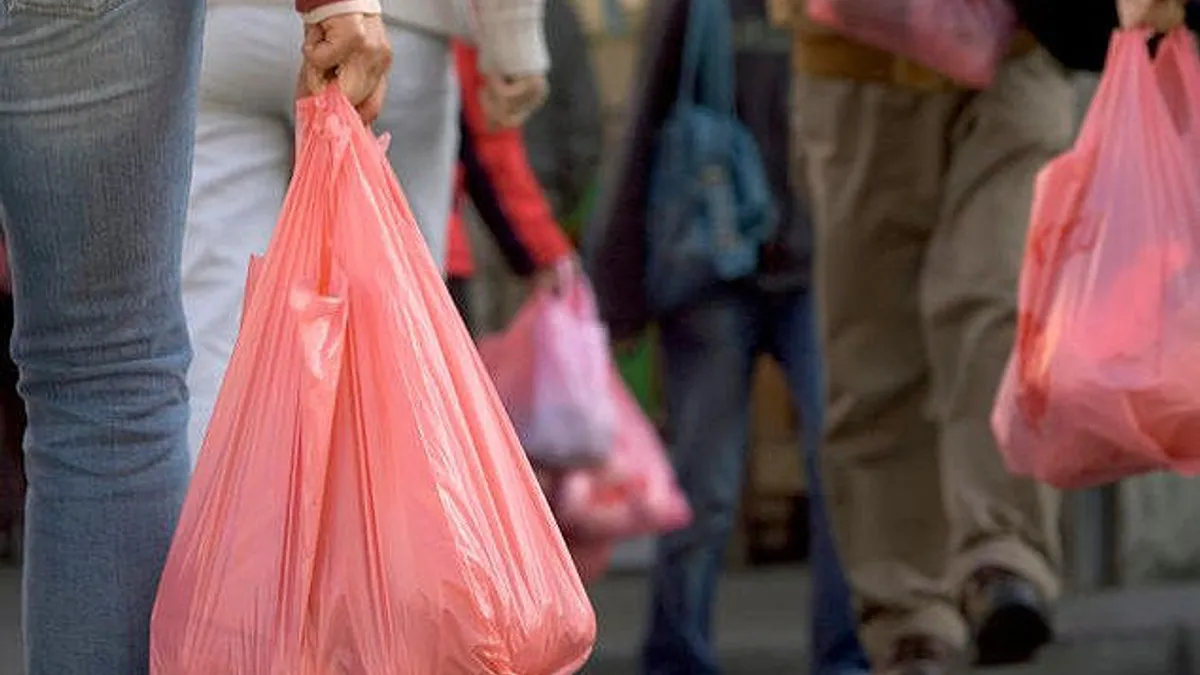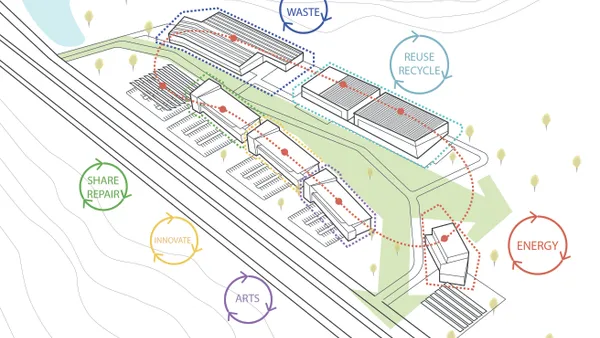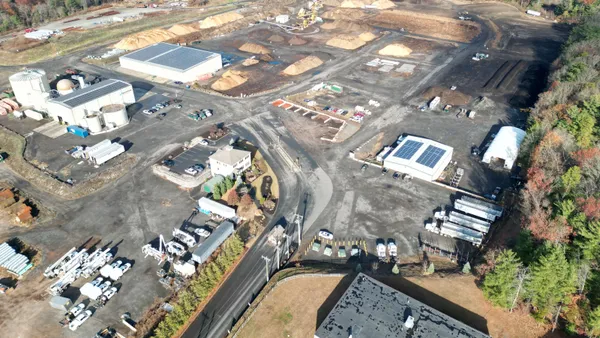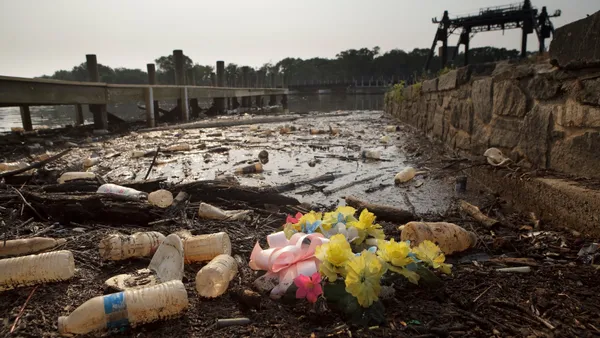Dive Brief:
- Governor Kenneth Mapp of the U.S. Virgin Islands has signed a law banning plastic bags in the territory, as reported by Recycling Today.
- Stores will be required to provide reusable bags or recyclable paper bags. Plastic bags will still be allowed for wrapping prepared foods or meats. Biodegradable plastic bags will not be allowed.
- The regulations take effect on Jan. 1, 2017 and penalties will be enforced starting April 1, 2017. The V.I. Waste Management Authority will receive 75% percent of any penalty revenues and the remainder will go to the government's general fund.
Dive Insight:
The U.S. Virgin Islands will now join Puerto Rico and American Samoa as U.S. territories with plastic bag bans. Mapp was widely expected to sign the law as it's related to two other waste bills he supported which are still under consideration by the local legislature. One would create a redemption value for beverage containers sold within the territory and the other would enforce recycling separation.
The only U.S. state to come close to enacting a ban so far has been California, though that was challenged by representatives of the plastic bag industry and will be up for a vote in a statewide referendum next month. The question of whether California retailers should be allowed to keep fees will also be up for a vote in a move that some environmental advocates, and at least one local paper, say is disingenuous. The only other successful state legislation around this issue has been to prohibit bans or fees rather than enforce them.
Though bans or fees have gained traction in some European countries, the U.S. has only seen them pass at the local level and the details vary widely. Seattle just made its rules more stringent, yet New York is struggling to preserve plans for a five-cent fee. While the U.S. Virgin Islands' population is smaller than many major cities this law can still be chalked up as a victory for advocates in the ongoing bag war.















